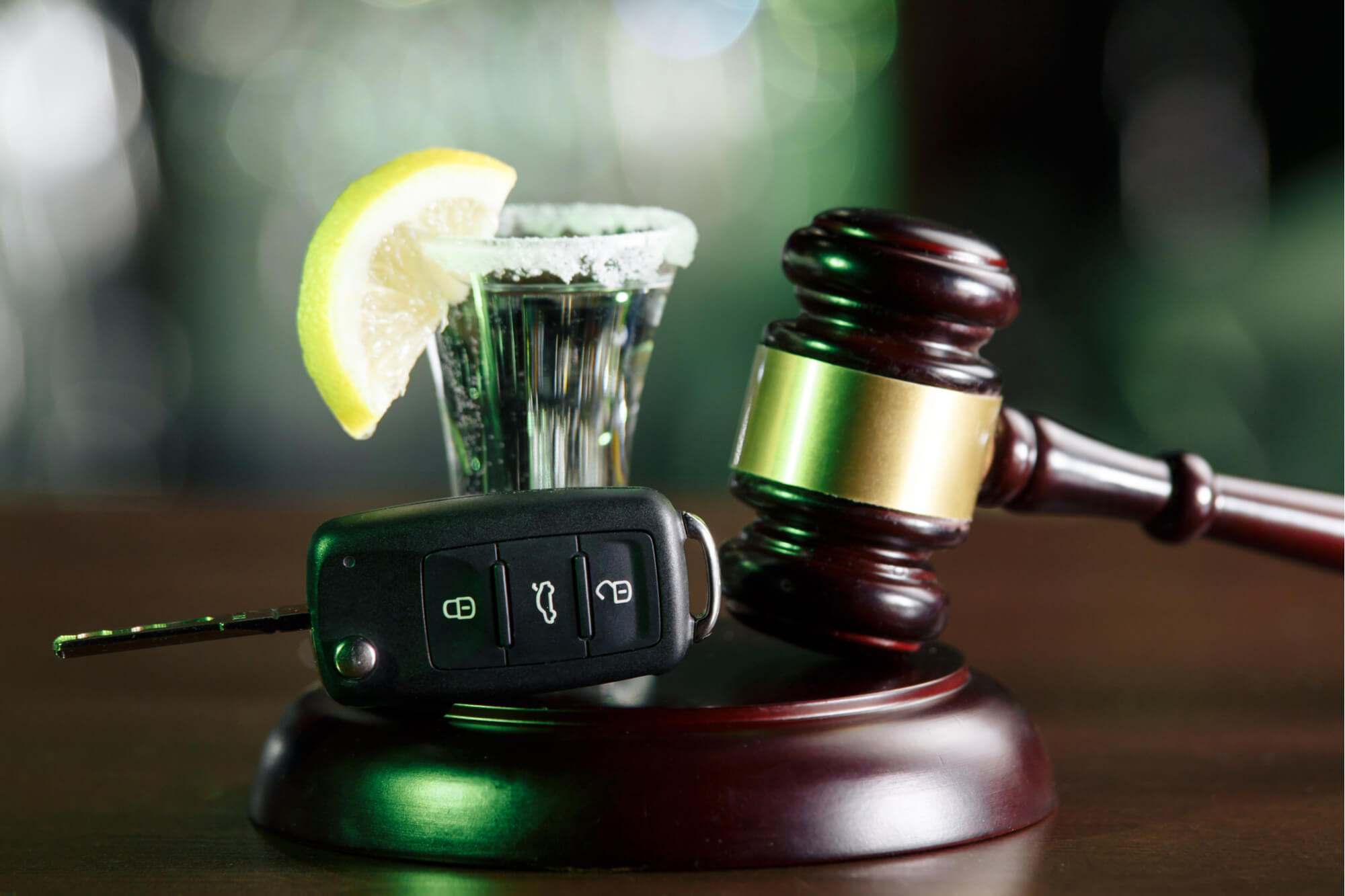
(708) 923-0368
(708) 923-0368
Call today to schedule a free initial consultation
(708) 923-0368
Call today to schedule a free initial consultation

Driving under the influence of alcohol, commonly known as DUI, is a serious offense which has grave consequences. These ramifications may include but are not limited to, license suspension, fines, community service, and, in extreme cases, even jail time. In Illinois, it is illegal to drive for an individual if their BAC is .08 percent or higher. This limit reduces to 0.01 percent for individuals aged 21 or younger.
If you are charged with DUI and want to contest the case, you should learn about defenses that may be available to you. Preparing an effective defense by using services of an experienced DUI lawyer will help you to prove your innocence to the prosecution and keep your rights protected throughout the litigation process.
Elements Required to Establish Fault in DUI Cases
In order to prove an individual guilty in a DUI case, the prosecution must establish that the driver’s ability to operate the vehicle safely was affected by drinking alcohol, taking a drug, or combination of both. In that pursuit, they should prove two elements; the defendant was “driving a vehicle” and “under the influence”.
Failure to prove any of these two points will render the prosecution unable to prove their claim. A competent DUI lawyer may also be able to prevent the prosecution from presenting their evidence at trial, which will limit prosecution’s ability to prove the case. Let’s discuss some of the defenses that are available in DUI cases.
Defenses Available in Driving Under the Influence Cases
Failure to adhere to legal procedures – The officer had no legal justifications to make an arrest or did not follow the proper legal process during the arrest. For instance, the officer did not have valid grounds to make the initial stop, which means that the driver did not show any sign of impaired driving which may give rise to a reasonable suspicion.
No Miranda warnings – An officer must give Miranda warnings as a part of the legal proceedings before proceeding any further. Miranda warnings advise the suspect about their right to silence and their right to refuse to provide response to the questions asked by law enforcement or other officials. Failure to provide or incorrect recitation of this warning may render some evidence as inadmissible in the court.
Challenging the observations of the officer – If the defendant can challenge the observations of the police officer or their defense counsel can present evidence that refutes that observation, this will weaken the prosecution’s case to a great extent.
Racial Profiling or Discrimination – If you believe that you were stopped because of your ethnicity or race, and not because you showed signs of erratic driving, then you may contest the arrest.
Aforementioned defenses, among other defenses for DUI, can limit the amount of evidence that is admissible in the court, which may help you to keep your driver’s license and reduce the fines. Moreover, if that inadmissible evidence was the primary evidence and crucial to proving you guilty, this may leave the prosecution with no real case, and DUI charges against you could be dropped.
Keep in mind that establishing these defenses require a high degree of proficiency and knowledge pertaining to laws and regulations applicable to your case. Therefore, having a skillful DUI lawyer on your side can create a difference between getting the maximum penalty and potentially having your DUI charges reduced, if not dropped.
If you wish to know more about this subject or to schedule a free consultation, contact Ettinger & Besbekos at (708) 923-0368 to speak with an experienced DUI lawyer.